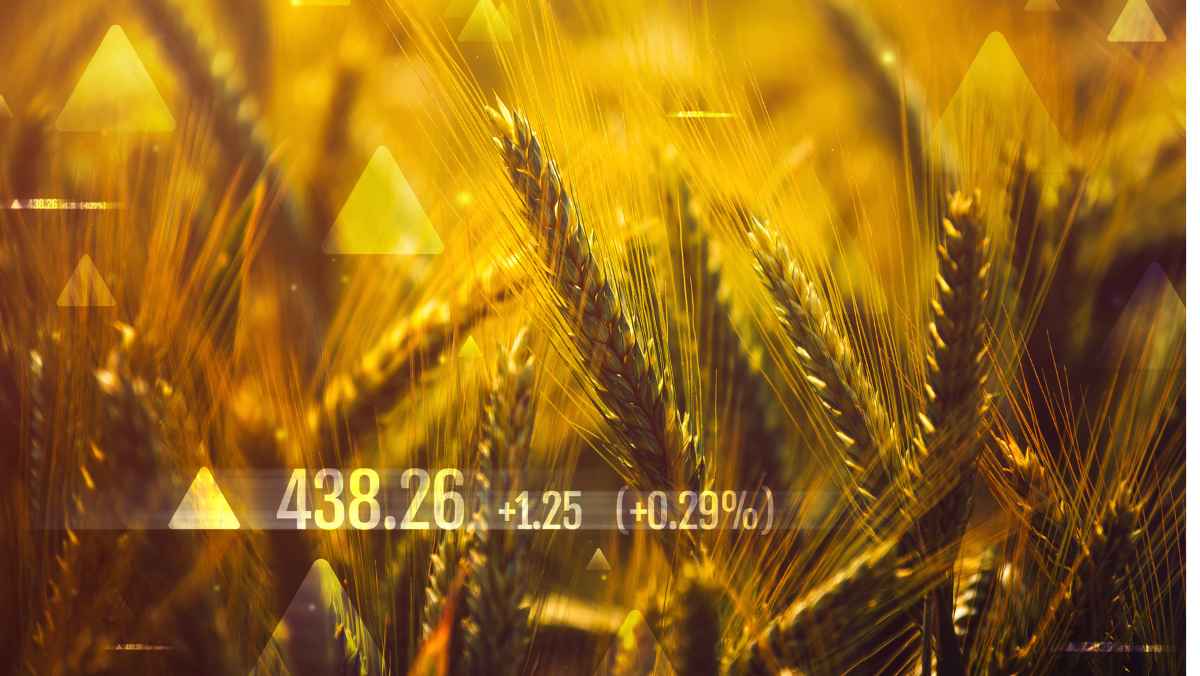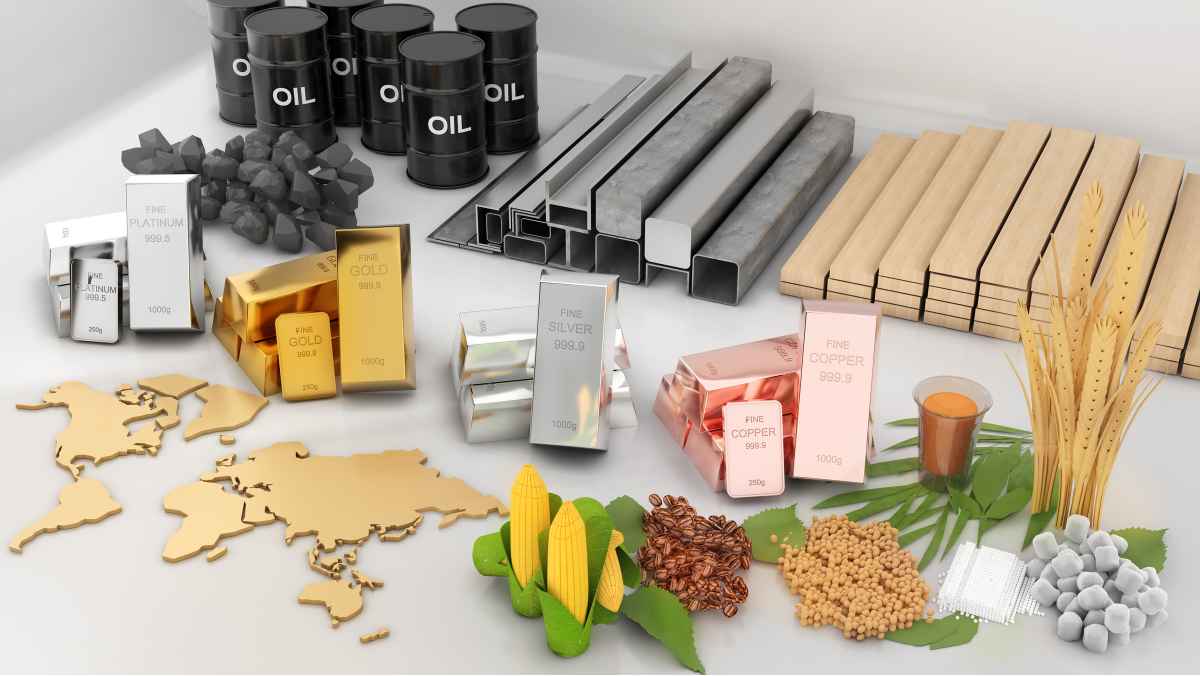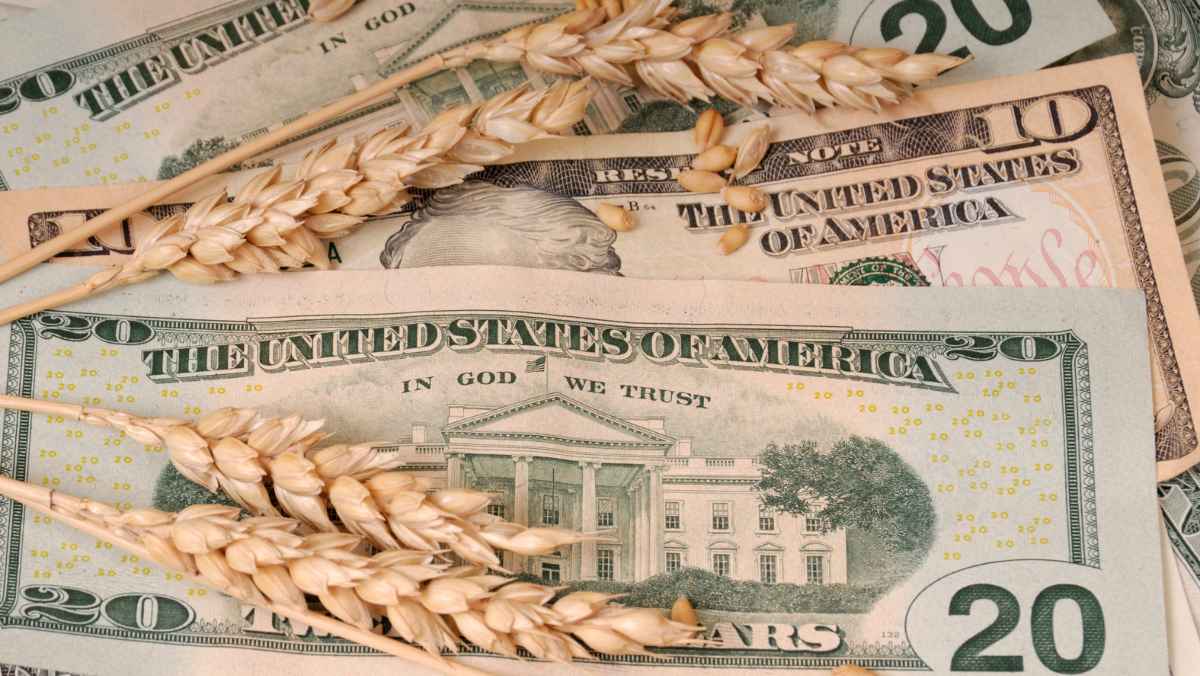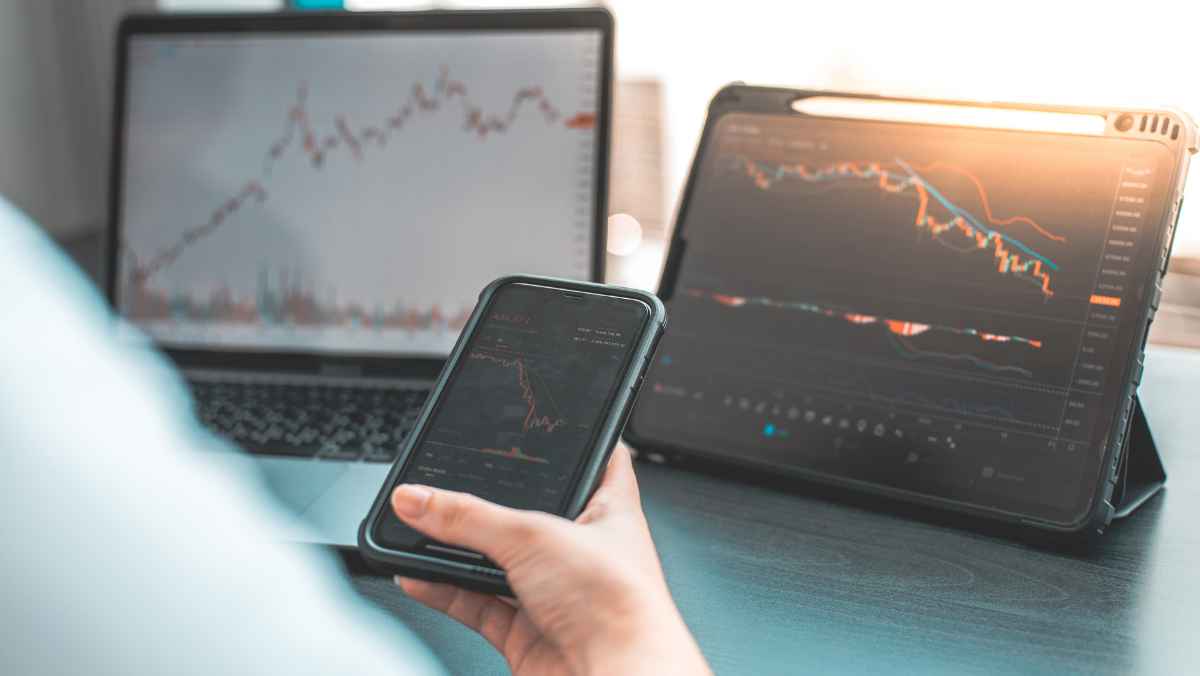Tuesday Nov 14 2023 06:14

14 min

What do know about commodity trading? The first thing to know is that you can choose between hard and soft commodities.
Before we compare hard and soft commodities, let's unravel the essence of commodities trading itself.
Imagine a bustling marketplace where the foundations of the global economy are traded –precious metals, energy resources, agricultural products, and more.
Commodities are goods that can be bought, sold, and traded on markets, both in person and online.
The prices of these goods are determined by how much is available and how much people want them, which can make their prices change a lot because of bigger macroeconomic factors.
Here, supply and demand work on a complex stage, shaping industries and impacting lives. With this understanding, let’s delve into the distinct characteristics of hard and soft commodities.
Hard commodities are natural resources that are mined or extracted from the earth.
These tangible assets include metals such as gold, silver, steel, aluminum, iron, and copper, as well as energy resources such as oil and natural gas.
They hold intrinsic value and are often used in industrial processes or as investments. The supply of hard commodities is generally determined by geological factors, contributing to their unique market dynamics.
Gold is valuable, especially during an economic slowdown. This is why it is used by investors as an inflation hedge or a wealth-preservation asset.

Hard commodities trading involves the buying and selling of natural resources that are extracted from the earth.
Traders in this market speculate on price movements driven by factors such as global demand, geopolitical tensions, and supply constraints influenced by geological factors.
Hard commodities trading serves industries and investments, with prices often reflecting broader economic trends.
Soft commodities refer to agricultural products that are grown rather than mined. They include wheat, rice, corn, cocoa, coffee, sugar, grains, and cotton.
Their value is influenced by factors such as weather conditions, crop diseases, and global demand.
Soft commodities are vital for sustenance and industries worldwide, making their prices sensitive to shifts in supply and demand, geopolitical events, and climate fluctuations.

Soft commodities trading involves buying and selling agricultural products. Traders in this market aim to profit from price fluctuations driven by factors such as weather conditions, the political environment, and supply and demand imbalances.
Soft commodities trading plays a critical role in global food and resource supply chains, affecting industries and economies around the world.
Contracts for Difference (CFDs) refer to financial derivatives where traders speculate on the price movement of commodities without owning the actual assets.
For instance, you might trade a CFD based on the price of oil. If you predict that oil prices will rise, and they do you profit.
It's a way to capitalise on price changes without needing to physically buy or sell any commodities.
Commodities CFDs can be traded on online trading platforms offered by brokerage platforms like markets.com.
markets.com offers access to a wide range of commodities markets via CFDs, allowing you to speculate on price movements without owning the actual assets.
When choosing a platform, be sure to consider a few factors.
For instance, look at the variety of commodities offered, fees and spreads, user interface, customer support, and regulatory compliance.
Always ensure the platform is regulated and reputable to ensure the safety of your funds and trades.
The question of whether you should trade commodities, forex, or stocks better depends on your individual preferences, risk tolerance, and trading goals.
All three markets have their unique characteristics, as shown below:
Commodities | Forex | Stocks |
| Diversification: Commodities can add diversity to a trading portfolio, as they are influenced by different factors from forex and stocks. | Liquidity: The forex market is the largest and most liquid financial market in the world, offering tight spreads and efficient execution. | Historical returns: Historically, stocks have shown long-term growth potential, providing opportunities for capital appreciation. |
| Volatility: Commodities markets can experience significant price swings due to geopolitical events, supply disruptions, and weather conditions. | 24/5 availability: Forex trading operates 24 hours a day, five days a week. This provides more flexibility for traders in terms of timing. | Dividend income: Many stocks offer dividends, providing a steady income stream in addition to potential capital gains. |
| Industry influence: Commodity prices can be impacted by global economic trends and industrial demand. | Leverage: The option of leverage is available in forex, which can amplify potential returns but also increase risks. | Variety: Stocks cover a wide range of industries and sectors, allowing for diversification. |
| Global factors: Commodity prices can be influenced by geopolitical events, supply disruptions, and macroeconomic trends. | Global economy influence: Forex markets are influenced by international economic data, central bank policies, and geopolitical events. | Ownership: When you buy stocks, you become a partial owner of the company, allowing you to participate in its profits and growth. |
Ultimately, the "better" option depends on your trading style, knowledge, and goals. Some traders may prefer the dynamics of commodities markets and their potential for significant price movements.
Others might be drawn to the liquidity and accessibility of the forex market. It's essential to thoroughly research and understand each market before making a decision.
If you’re new to trading, consider practicing with a demo account before committing to real funds. Diversifying your trading portfolio across different asset classes can also be a prudent strategy to manage risk.

Crude oil is generally considered one of the most liquid commodities due to its high trading volumes and global demand.
It's actively traded on various exchanges worldwide, making it easier to enter and exit positions with minimal price slippage.
Other relatively liquid commodities include gold, silver, and major agricultural products such as corn, and soybeans. However, liquidity can vary depending on market conditions and specific contracts.
Yes, you can trade commodities through online brokerage platforms.
For instance, you can use a trading account to speculate on the price of gold or oil. Through CFDs, you make gains when you guess their price movements correctly – without owning the actual assets.
It's crucial to research and study the specific commodities you're interested in trading. Understand the factors that drive their prices, monitor relevant news, and consider both short- and long-term trends.
Now that you know what is commodity trading, consider getting a demo account or making smaller investments as you gradually gain experience and confidence in trading commodities.
Remember that commodities trading carries risks, so it's wise to have a well-thought-out trading strategy and risk management plan in place.
Ready to dive into the world of commodities trading? Start your trading journey today by signing up for a trading account with markets.com.
Risk warning: CFD trading involves risk and may not be suitable for everyone. Ensure you fully understand the risks involved and seek independent advice if necessary. This blog post was written for educational purposes only and should not be considered financial advice.